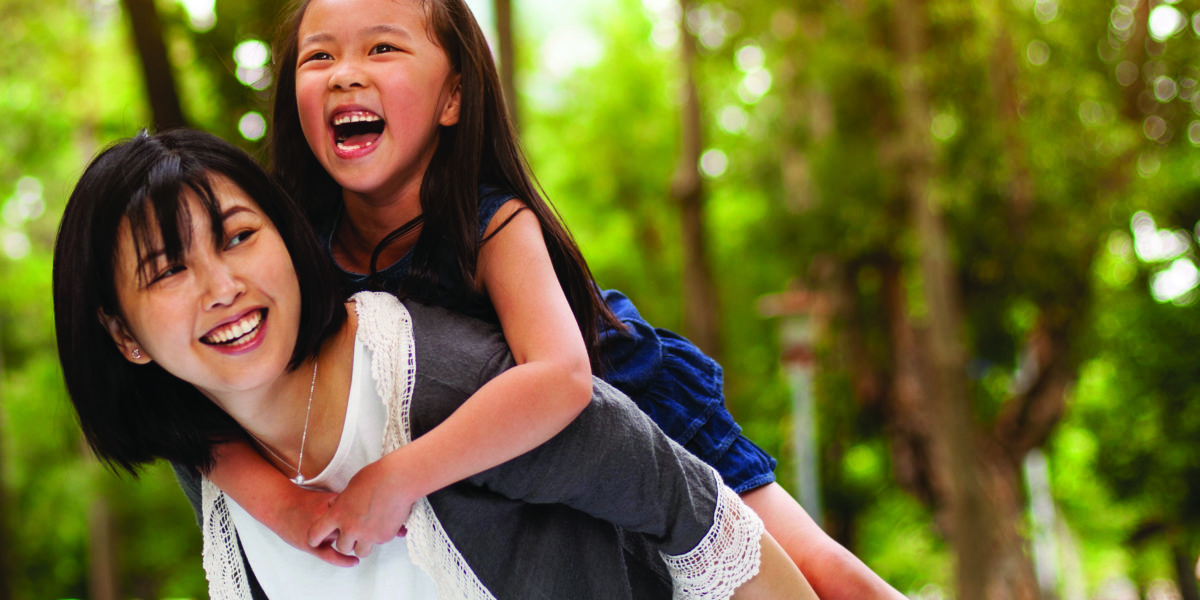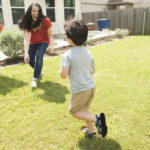Children and teenagers have been going through an extraordinary period of change as they manage life during the COVID-19 pandemic. Occasional moodiness and sadness are expected feelings. But be aware of behavioral changes that could signal fear and anxiety-induced stress. These strong emotions can become overwhelming and potentially lead to a crisis.
Children may have lost family members, friends, teachers or neighbors during the pandemic. They’ve also lost some of their familiar social structure from before COVID-19.These behavioral changes can result from multiple routine changes such as adjusting to virtual or hybrid schooling, returning to school after COVID-19, changes in masking requirements or even seasonal changes.
Our ChristianaCare team of therapists and experts in child and teen behavioral health can help your family find the right support, when it’s needed most.
And all of us — parents and grandparents, aunts, uncles, cousins and neighbors — can help the children in our lives learn to deal with loss, anxiety and other feelings during this tumultuous time. Here’s how to help.
Recognize Behavioral Changes
We can support the children in our lives by paying attention to behavioral changes such as:
- Excessive crying, irritation or worry.
- Returning to behaviors they have outgrown (for example, toileting accidents or bedwetting).
- Excessive worry or sadness.
- Unhealthy eating or sleeping habits.
- Irritability, anger and “acting out” behaviors.
- Poor school performance or avoiding school.
- Difficulties with attention and concentration.
- Avoiding activities enjoyed in the past.
- Unexplained headaches or body pain.
- Use of alcohol, tobacco or other drugs.
If your child is experiencing any of these behavioral changes or others that concern you, speak with your child’s pediatrician or contact our child and adolescent behavioral health team.
5 Ways to Support Children and Teens
While it isn’t possible to prevent children from experiencing challenging times in their lives, we can help them transition in positive ways that can produce healthy outcomes. You can help children build resilience in challenging times by working with them to:
- Explore their feelings. Encourage them to share their feelings – listen to whatever they have to say, whether those feelings be anger, sadness or confusion. Let them vent. Validate their feelings and let them know whatever they’re feeling is okay. Express your love and support.
- Imagine how this event may help. Help them imagine making new friends; forming strong connections; and finding joy, community and fulfillment with others in similar situations. If there’s anything they can do to make these things happen now, encourage them to do those things.
- Remember their strength. Remind your child of another hard time in their life and ask them how they got through it. Positive thinking is very important in recovering from depression, anxiety and stress. Think together of a time they overcame a difficult situation and that things will get better in time, just like they did “back then.”
- Learn to accept change. Guide your child to learn to accept change. These feelings may be completely new to them and cause them to feel they don’t have control over their lives. Although they can’t change what has happened, they can choose how they react. Ask them, “What are you free to choose right now?” and remind them of their power.
- Trust you as a role model. Children are watching you for how you cope during rough times and learn resilience from your example. It’s okay to share your emotions and feelings and how you take care of yourself. Take breaks, get plenty of sleep, exercise and eat well. Connect with family members and friends in safe and healthy ways.
The COVID-19 pandemic has increased stress, fear and worry for many families and communities. When parents and caregivers deal with change from COVID-19 or otherwise calmly and confidently, children and teens will react positively. It can reassure them that they are safe and help them make strong connections with friends, learn new things and establish healthy routines.



